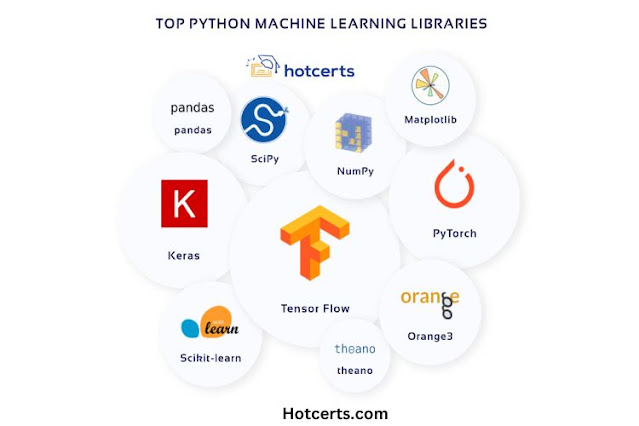Forget Artificial Intelligence: 3 Replacements You Need to Jump On

Introduction Artificial Intelligence has been heralded as the future of business automation, with its ability to carry out tasks at incredible speed and accuracy. However, the limitations of AI are becoming more evident, and businesses need to explore other options to improve their operations. In this article, we discuss three alternatives to AI that can provide better results for businesses. The Limitations of Artificial Intelligence Despite the hype surrounding AI, it has several limitations. First, it lacks the creativity and intuition of human intelligence, which is essential in decision-making. Second, it relies heavily on data, and its accuracy is only as good as the quality of data it is trained on. Third, AI can be expensive to implement, and not all businesses can afford it. Replacement 1: Human Intelligence One replacement for AI is human intelligence. While it may seem counterintuitive to rely on human intelligence when technology is advancing rapidly, human intellige...






